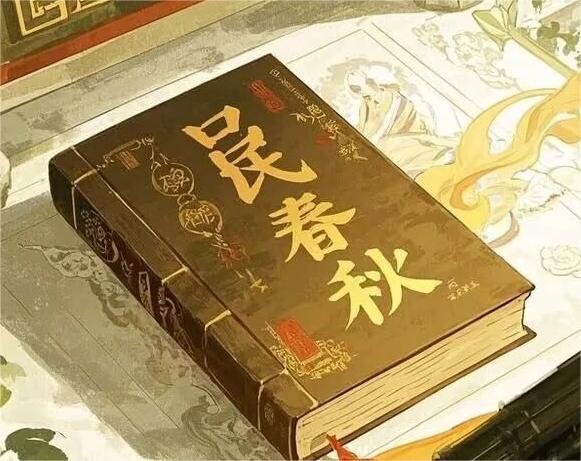At the end of the Warring States Period, there was a big businessman in Qin State named Lü Buwei.When he was doing business in Zhao State, he had sponsored King Zhuangxiang of Qin (Zichu) .
Later, Zichu became the king of Qin State, and Lü Buwei was also named Wenxin Hou and served as the prime minister. At that time, the trend of supporting scholars was very popular in society, and Lü Buwei also supported 3,000 retainers. These retainers, people from all walks of life, all showed their abilities and gave advice to Lü Buwei. Lü Buwei ordered his retainers to compile a great work called "Lüshi Chunqiu". The content of this book is extensive, including the principles of the world from ancient times to the present. After the book was compiled, Lü Buwei published "Lüshi Chunqiu" beside the gate of Xianyang, and hung a thousand gold on the book, inviting scholars and guests from various vassal states to review it.
Lü Buwei promised: If anyone can add or subtract a word in the book, he will be rewarded with a thousand gold. The idiom "a word worth a thousand gold" came from this. Lü Buwei's move was, on the one hand, to show his confidence in the book, believing that its content was perfect and worth a thousand gold; On the other hand, it was also to take this opportunity to promote the book and increase its popularity and influence. However, for a long time after the notice was posted, no one could really put forward suggestions for revision.This not only reflects the rigor and exquisiteness of the content of "Lüshi Chunqiu", but also reflects people's awe of Lü Buwei's authority.
The idiom "a word worth a thousand gold" came from this, which is used to describe the exquisiteness of the words and phrases, which are rare, and also used to praise the exquisiteness of the words and phrases, which are extremely valuable.It emphasizes the power and value of words and the pursuit of rigorous attitude towards literary works.




 Ask Questions ?
Ask Questions ?